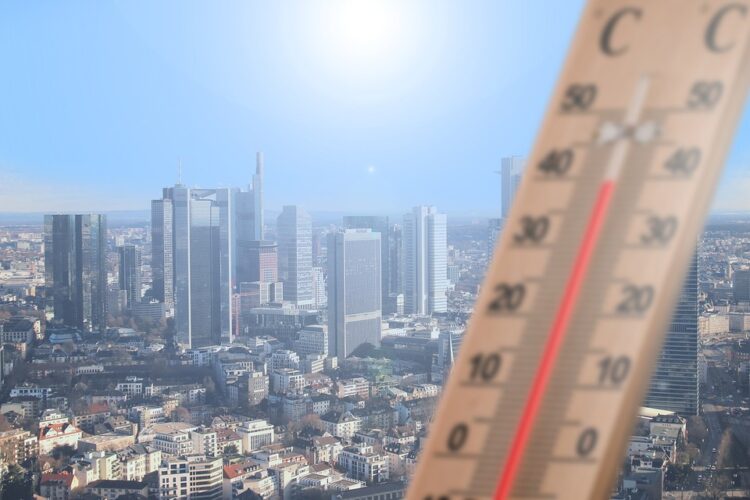Charting a Sustainable Future: The Imperative of Climate Change Policies
Climate change is one of the most pressing issues of our time, with far-reaching consequences for the environment, economy, and society as a whole. As global temperatures continue to rise and extreme weather events become more frequent, it is clear that urgent action is needed to address this crisis. In this article, we will explore the importance of implementing effective climate change policies to chart a sustainable future for our planet.
The Impact of Climate Change
Climate change is already having a profound impact on the world around us. From rising sea levels and melting ice caps to more frequent and severe droughts, floods, and wildfires, the effects of a warming planet are being felt in every corner of the globe. These changes not only threaten the natural world and biodiversity but also have serious implications for human health, food security, and economic stability.
It is crucial that we take action now to mitigate the worst effects of climate change and protect the planet for future generations. This will require a coordinated effort from governments, businesses, and individuals to reduce greenhouse gas emissions, transition to renewable energy sources, and build sustainable infrastructure.
The Role of Climate Change Policies
Effective climate change policies are essential for driving the transition to a low-carbon economy and reducing our impact on the environment. These policies can take many forms, from carbon pricing mechanisms and emissions trading schemes to renewable energy targets and energy efficiency standards. By setting clear goals and incentives for reducing emissions, governments can encourage businesses and individuals to adopt more sustainable practices and technologies.
Climate change policies can also help to create new opportunities for green growth and innovation. By investing in renewable energy, energy efficiency, and sustainable transportation, countries can stimulate economic development and create jobs in emerging industries. This can help to build a more resilient and prosperous economy that is less reliant on fossil fuels and more adaptable to the challenges of a changing climate.
The Paris Agreement
One of the most significant international agreements aimed at addressing climate change is the Paris Agreement, which was adopted in 2015 by nearly 200 countries. The agreement sets ambitious targets for reducing greenhouse gas emissions and limiting global warming to well below 2 degrees Celsius above pre-industrial levels. By committing to these goals, countries have signaled their willingness to take action on climate change and work together to create a more sustainable future.
However, the success of the Paris Agreement depends on countries following through on their commitments and implementing effective climate change policies at the national level. This will require strong leadership, collaboration, and innovation to overcome the challenges of transitioning to a low-carbon economy and meeting the goals of the agreement.
Challenges and Opportunities
While the task of addressing climate change may seem daunting, there are also many opportunities to create a more sustainable future for our planet. By investing in clean energy, sustainable agriculture, and green infrastructure, countries can reduce their carbon footprint and build a more resilient and equitable society. This can help to improve public health, protect natural resources, and create a more secure and prosperous future for all.
At the same time, there are challenges to overcome, including political resistance, economic barriers, and technological limitations. It will require a concerted effort from all sectors of society to overcome these obstacles and create a more sustainable future for our planet. By working together and taking action now, we can chart a course towards a more sustainable and resilient future for all.
Conclusion
Climate change is a global crisis that requires urgent and decisive action. By implementing effective climate change policies, we can reduce our impact on the environment, create new opportunities for green growth, and build a more sustainable future for our planet. The time to act is now, and by working together, we can chart a course towards a more sustainable and prosperous future for all.
It is up to all of us to take responsibility for our actions and make the changes necessary to protect the planet for future generations. By investing in clean energy, sustainable agriculture, and green infrastructure, we can create a more resilient and equitable society that is better equipped to face the challenges of a changing climate. Together, we can chart a sustainable future for our planet and ensure a brighter tomorrow for all.












